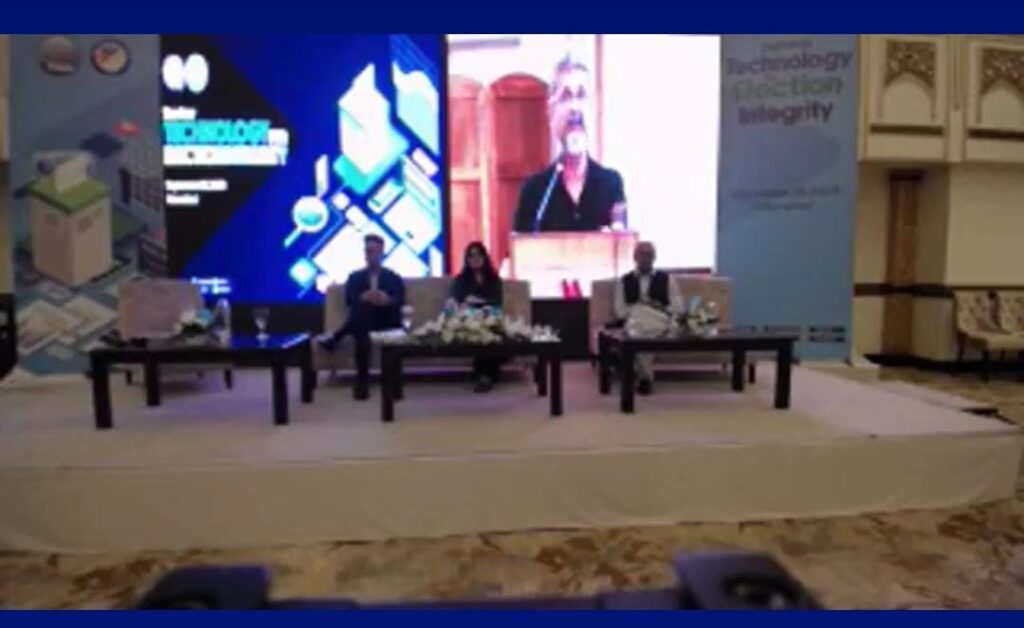Staff Report
ISLAMABAD: Free and Fair Election Network (FAFEN) on Thursday urged the Election Commission of Pakistan (ECP) to initiate a wide-ranging dialogue on the need to introduce election results audit as well as regulate the election-related use of social media for the upcoming general elections.
FAFEN believed that the Elections Act, 2017 provides adequate legal space for the Commission to introduce these measures employing its powers under Section 4(3) to be read with Section 239. FAFEN proposed a detailed methodology for the election results audit based on the provisions of the Elections Act, 2017, and Election Rules, 2017, which will be made public on October 9, 2023.
The proposed audit encompasses a methodical scrutiny of election results forms for enhancing election integrity and legitimacy. These forms are prepared by the federal, provincial, and judicial officials deployed as election officials and are officialized sans scrutiny by the ECP.
The members of civil society and technology experts reinforced the need for such measures during a seminar on ‘Technology for Election Integrity’. Organized by the Trust for Democratic Education and Accountability – Free and Fair Election Network (TDEA-FAFEN), the seminar emphasized the cautious approach towards employing appropriate technology in election operations and administration to improve transparency, efficiency, and strict compliance with the electoral laws, rules, and procedures.
The seminar included panel discussions on the impacts of technology in elections, management and transparency of election results, and election-related use of social media.
The sessions were addressed by FAFEN’s Executive Council Member Nasrullah Khan, Zafarullah Khan, Taha Ali, Azhar Zia ur Rahman, Saleem Rafique, Idrees Khwaja, Asim Ghaffar, Shaji Ahmed, Amber Rahim Shamsi, Asad Baig, Mukhtar Ahmed Ali and TDEA-FAFEN staff. During the seminar, it was emphasized that Pakistan’s elections should embrace the Information Age, starting with a comprehensive overhaul of the quality and quantity of information shared through the ECP.
To ensure a seamless transition, the speakers urged that any new technology additions to election operations and administration should undergo rigorous piloting during a series of electoral exercises. This approach will help identify and address issues before implementing technology on a large scale. Speaking on the occasion, Nasrullah Khan said the seminar was aimed at fostering an informed discourse on the use of technology in election operations. He said it was paramount, especially when integrating technology into elections, that all stakeholders, including voters, political parties, and election officials, develop a sufficient level of trust in the technology used to ensure the acceptance of election results. In her closing remarks, Sameen Bibi, the Acting Chief Executive Officer of TDEA, acknowledged the commendable effort of the election and technology experts in sharing their experiences and collaboratively developing solutions. “It is through such collaborative endeavors that we can find innovative ways to navigate the evolving landscape of technology and elections”, she stated. She also underscored the principles of election integrity, transparency, and accountability.





